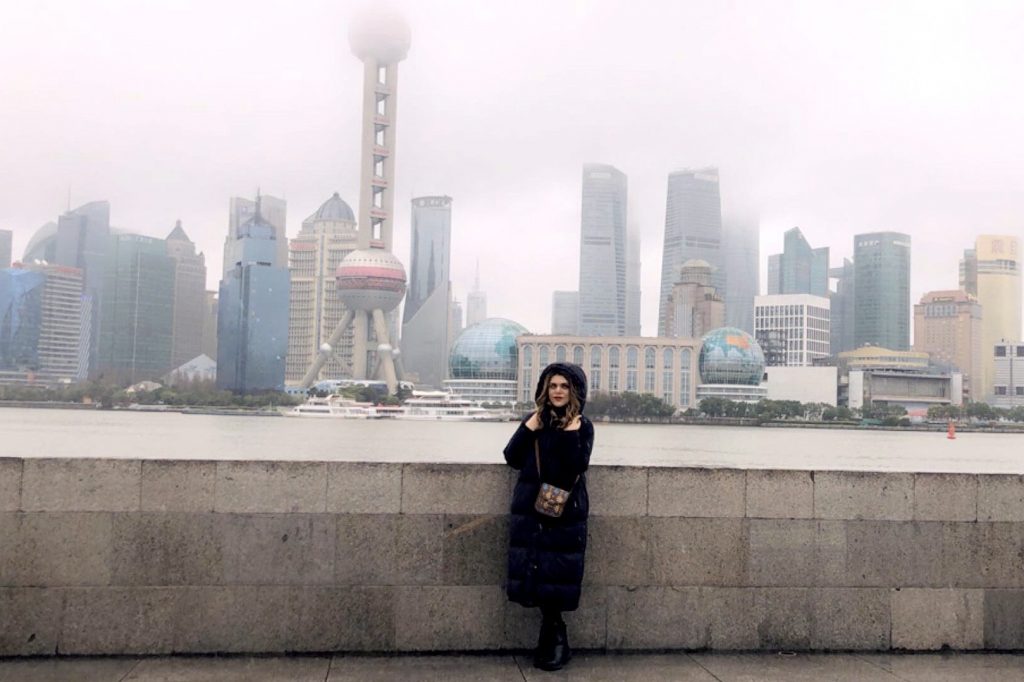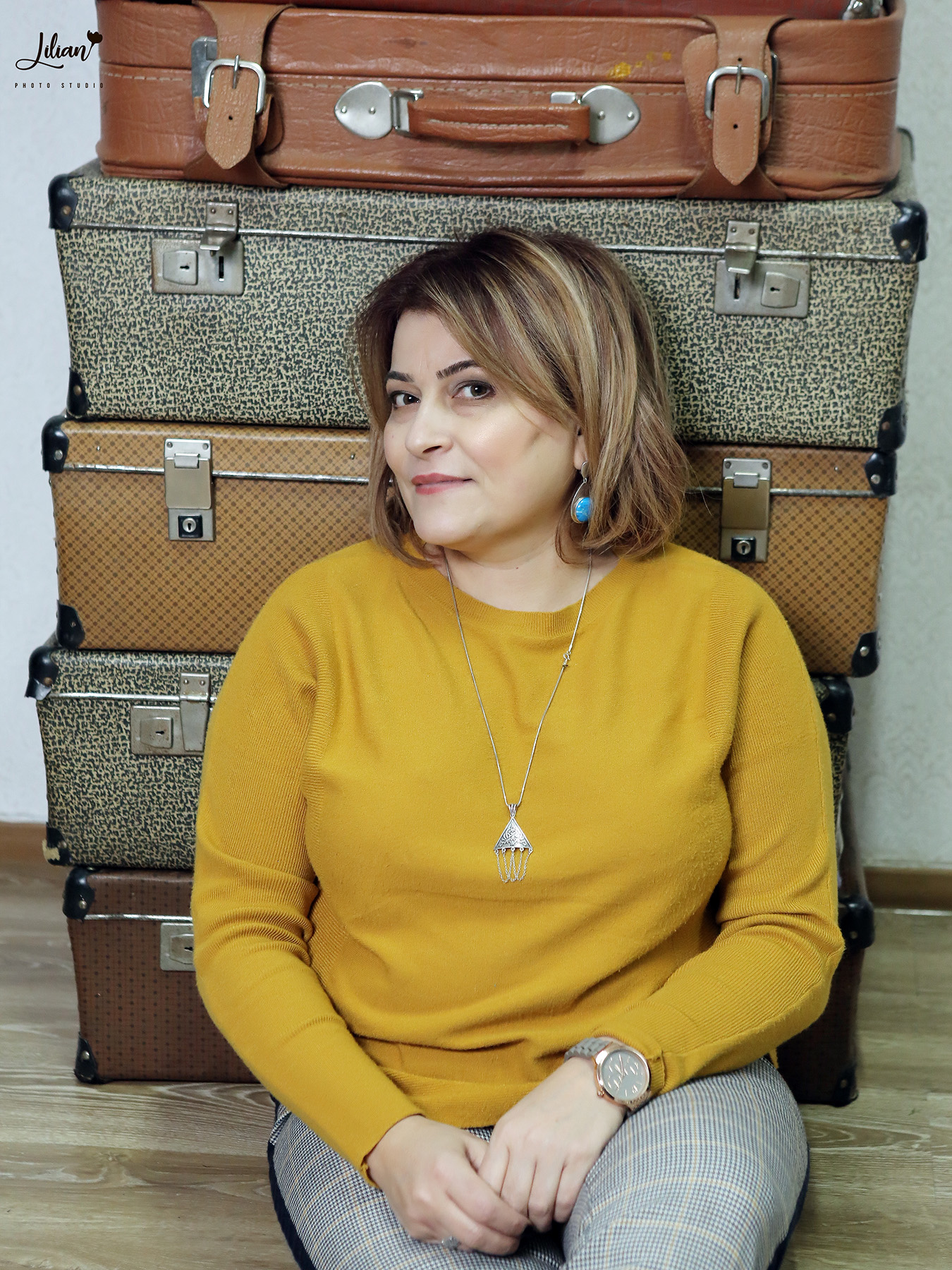Emma Petrosyan, a 28-year-old English teacher from Alaverdi, Armenia, has lived and worked in the Chinese city of Tianjin for a year and a half. When the coronavirus hit China, unlike many others, Emma chose to stay.
‘My mobile phone almost exploded with messages and calls [because of the coronavirus]: my family, friends, and acquaintances urged me to return to Armenia. But I decided to stay.’
‘This is my home, where I feel safe. I think it’s harder and more dangerous to leave, go to the airport, and to fly out. The virus originated here and spread to other countries, but the way out of the infection crisis is also here.’
‘Many were brought back to Armenia by the coronavirus, many are still here. I rarely leave my house, only when my supply of food and essentials is running out. My Chinese friends and the school’s management are always in touch.’
‘In WeChat [a Chinese messaging service], we Armenians opened a group; we play Alias. This is the only group where people have decided not to talk about the virus. We play, we tell funny stories, encourage each other, show what we cook, share recipes.’
‘I ran out of masks, I didn’t have a thermometer, there weren’t any in the pharmacies either, and my Chinese friend Linda brought them. They are very kind, attentive, humane people. She even brought food for me, which she had cooked.’
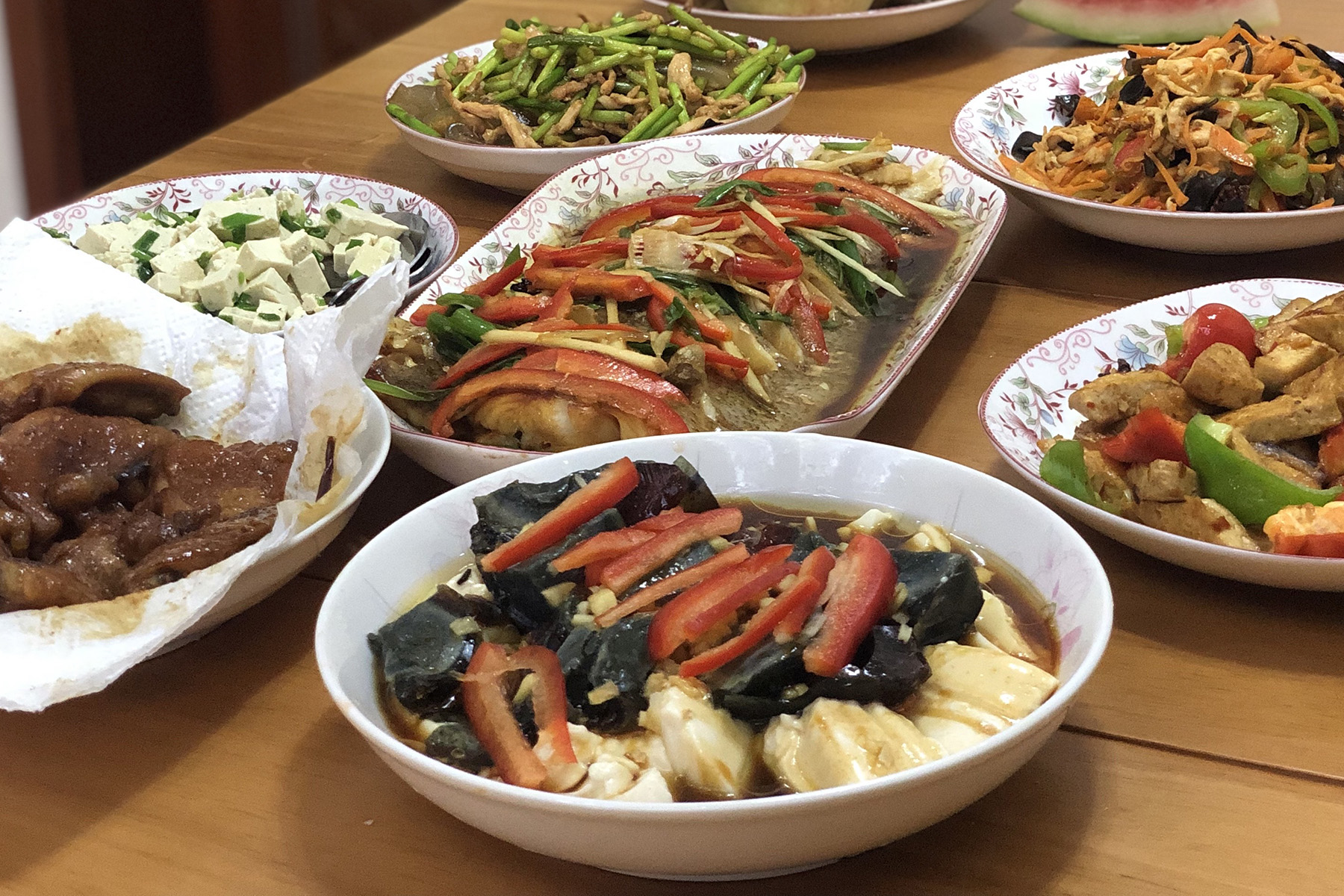
‘A friend and I decided to celebrate the Chinese New Year in Shanghai. We booked tickets for various events, museums… On 23 January, we went from Tianjin to Shanghai on a high-speed train. Unfortunately, we were not able to enjoy Shanghai. There was already panic over the coronavirus.’
‘Our school’s headteacher called and said we should quickly return to Tianjin. We saw splendid Shanghai without people. On 26 January we came back.’
‘Schools in China are currently closed. We work from home, we give video classes. They appreciate that we stayed and are continuing to work.’
‘Of course it’s hard. You’re not trapped at home, but you are trapped in the city, you can’t go anywhere, you can’t see your friends, you won’t go to the gym, all the clubs, the cafes are closed, all food outlets too.’
‘I go out for a walk only early in the morning and late in the evening, when there’s no one on the streets. There’s no physical contact, I go to the store only when it’s necessary and that’s all.’
‘I came to China because the salary was seductive’
‘I moved to China in 2018. My closest friend, who I studied with at the Georgian Institute of Public Affairs in Tbilisi, advised me to join her. She had already worked there. It was her who gave me the idea of China.’
‘I psychologically prepared for the move to China for one year. It was a great opportunity to get a well-paid job that you cannot have in Armenia and to get acquainted with this wonderful country.’
‘Tianjin, where I am now, is a very large city near Beijing. I chose Tianjin since there are many Armenians there. A friend of mine also lives in the city, but she works in another school. Meeting requires an hour of commuting.’
‘I’m a journalist by profession. I lived in Alaverdi, a small town in Lori Province, in northern Armenia, and worked in local television. I did my master’s degree in Tbilisi and upon returning, I continued to live and work in my city. But it was very difficult to find a well-paid job in Alaverdi.’
‘For almost a year, I kept talking about China, convincing my parents. It was difficult with my father. Of course, they trusted me, but they were afraid to let me go so far. I extended my contract for another year.’
‘I came to China because the salary was seductive. Nobody will pay you such a salary in Armenia. I help my family. When I turn around and look back, and see how much I have done over the past year and a half, I understand that I would not have achieved this in Armenia.’
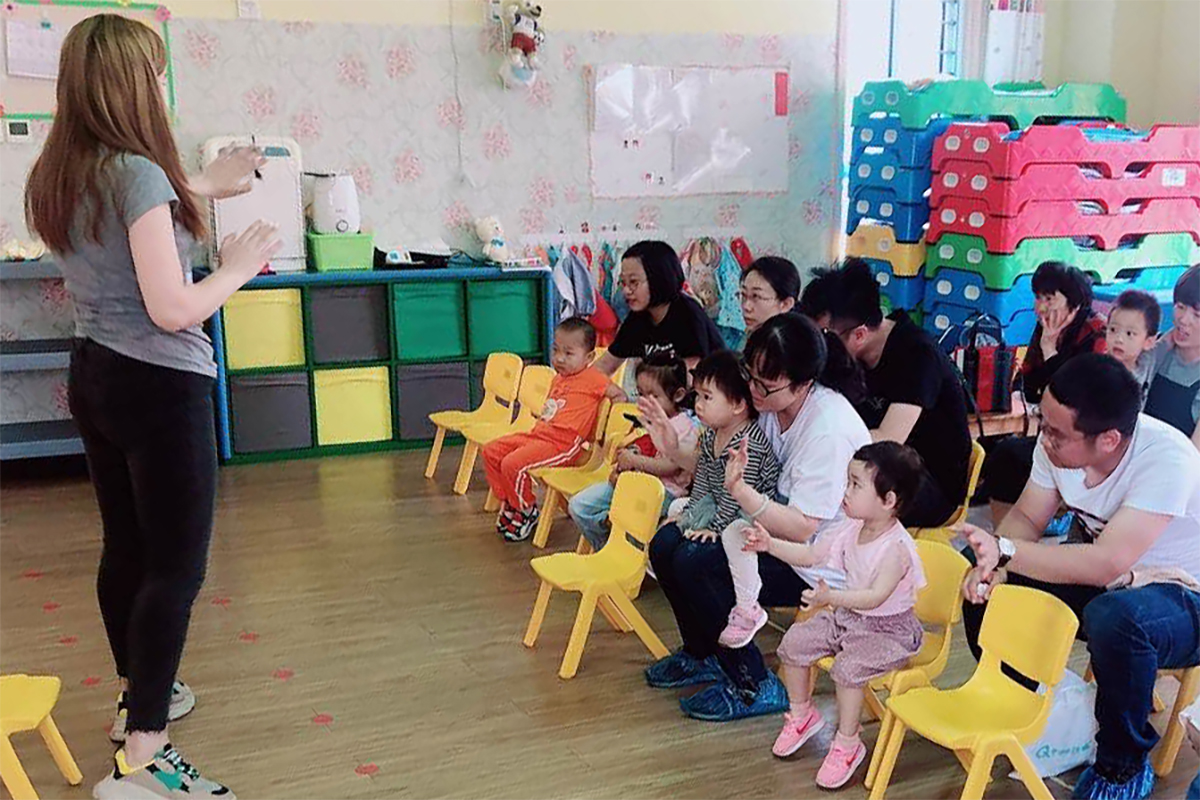
‘I still long for journalism. Sometimes the journalist wakes up inside me, I write articles for school, I take photos.’
‘The Chinese employ two types of teachers: foreign teachers and professional English teachers. If you are an English teacher means that you are an English teacher by profession, and a foreign teacher is a foreigner from another country who speaks English. For example, I am a foreign teacher.’
‘There are five teachers in the primary school where I work. Three Armenians, one Ukrainian, and one Filipina. I’ve made wonderful Chinese friends, they’re always ready to help if I have any problem.’
‘You meet people from different countries here — Ukraine, Nigeria, America, Russia. When we see a foreigner, we already know that they’re one of us, as they say here, a “foreign teacher”. We often organise evening events.’
‘Checks are always carried out to identify illegal immigrants’
‘Armenians mainly go to China’s big cities: Beijing, Shanghai, Sian, where the salaries are mostly high. For example, in Tianjin, the average [monthly] salary is around 10,000 yuan ($1,400).’
‘Armenians support each other. WeChat has a large group of Armenians with almost 500 members. If someone needs medicine or something else, they quickly respond and deliver it.’
‘Whatever specialisation you acquired in Armenian universities, if you are fluent in English, you can come and teach English. We invite our friends; for example, two places were vacated in our school, and I suggested that my friends come from Armenia.’
‘I live alone in a big house, I pay utility bills myself. I live close to the school, I don’t need to take transport to work. I work in a primary school; I have two lessons in different classes, but I’m always at school with the children.’
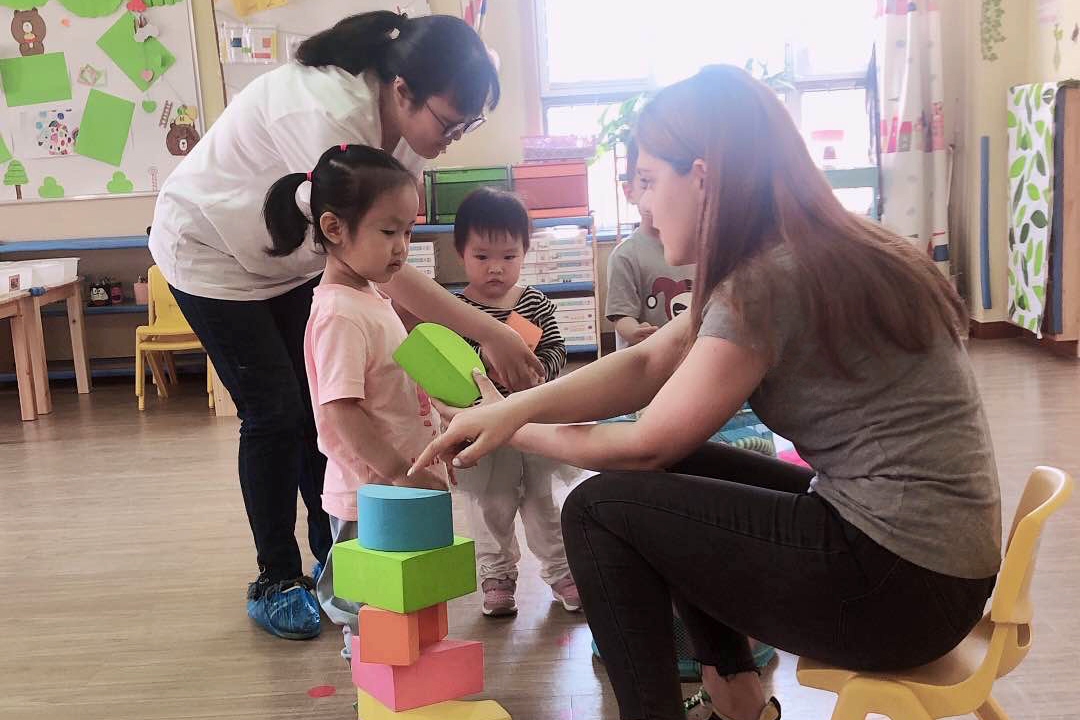
‘I know people who come with their families, couples. I arrived completely legally and registered as a foreign teacher. There are provinces where it’s very strict; checks are always carried out to identify illegal immigrants. Sometimes, during a lesson, a police officer can directly enter the classroom and check your documents.’
‘Foreigners in China look very different. Very often, we went out for a walk or somewhere else, and the police came up and asked for our documents.’
‘This is a closed country. Social networks are not available here: Facebook, Viber, WhatsApp, Instagram, even email. To use them, we use a VPN. I now use Facebook this way. But sometimes the VPN does not work, they find it out, close it, and it doesn’t work for almost all us for days.’
‘Facebook doesn’t allow me to call, or others to call me, or to make video calls. Before arriving, you must have WeChat in order to keep in touch with family and friends.’




 12 March 2020
12 March 2020
